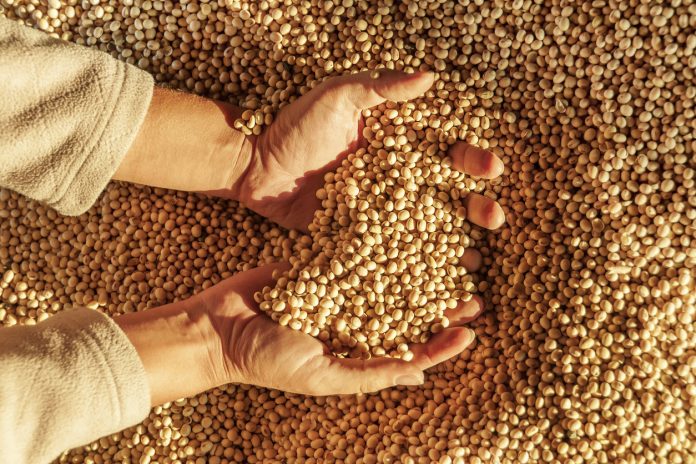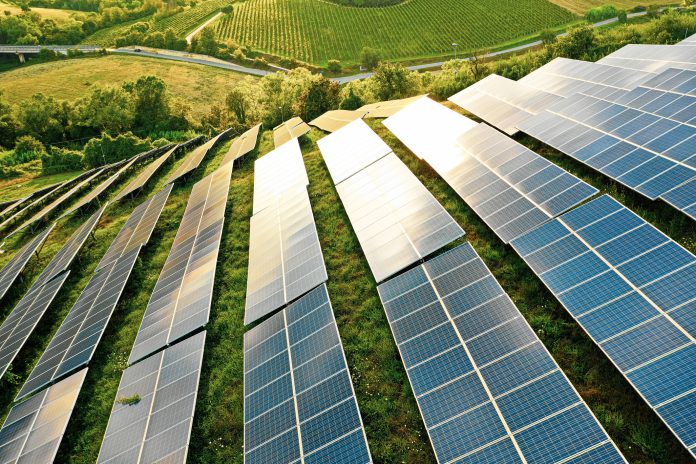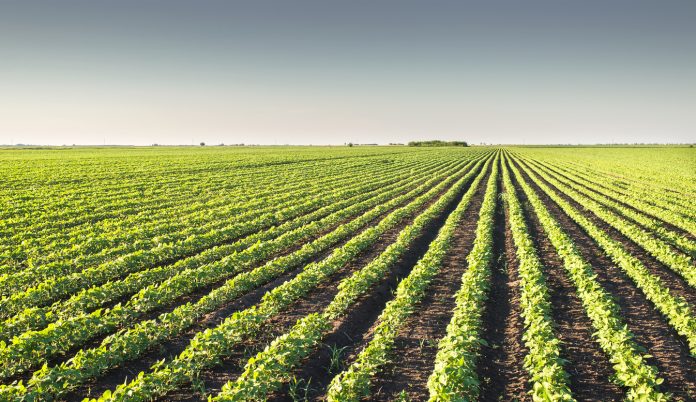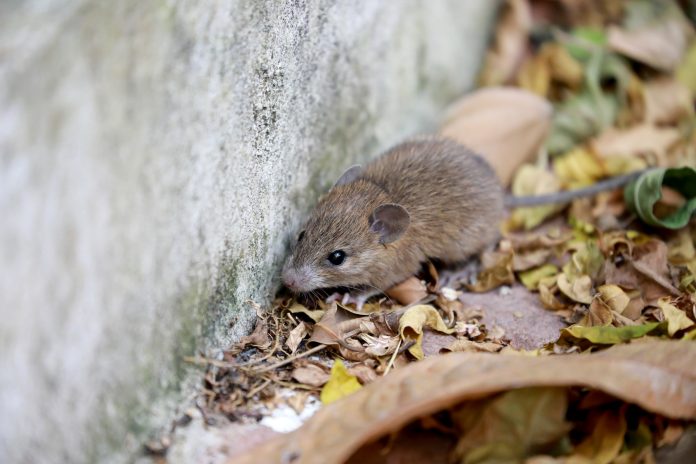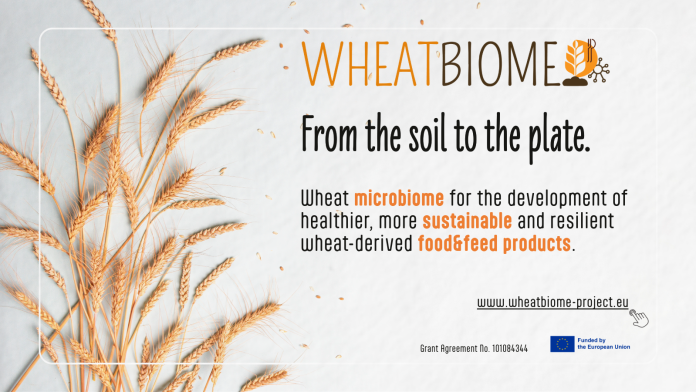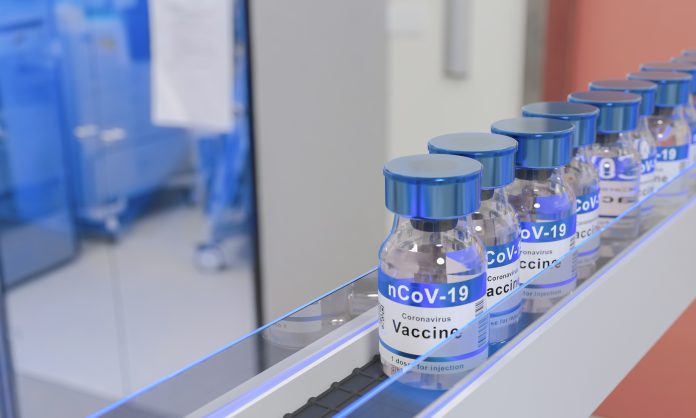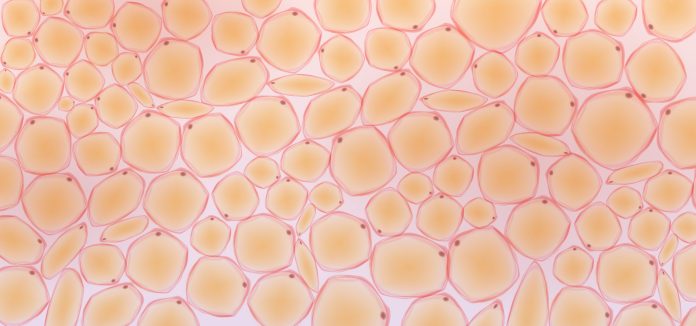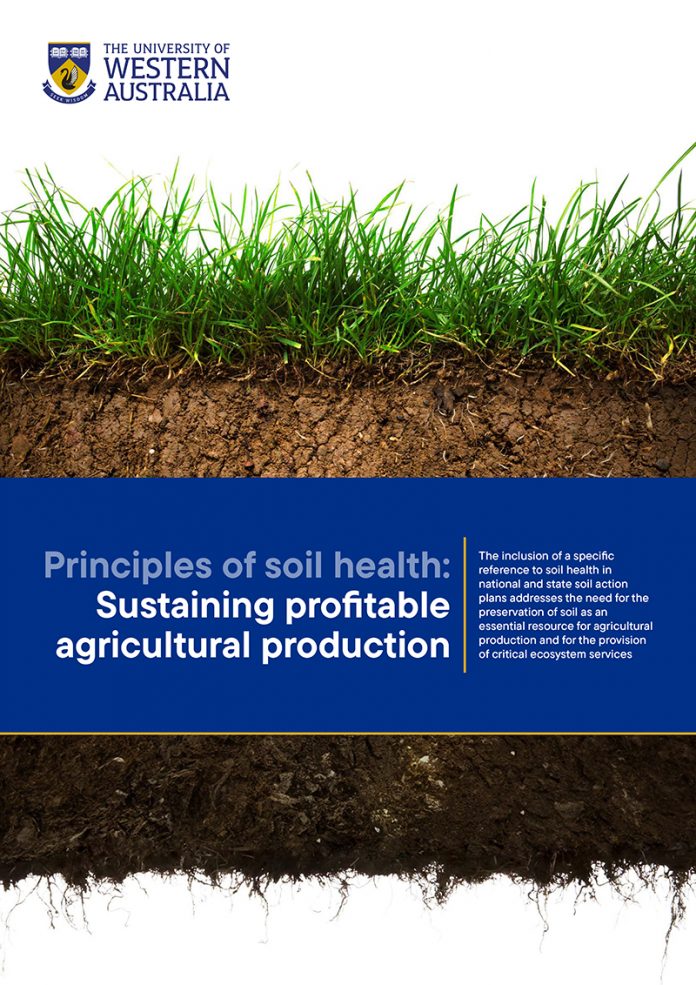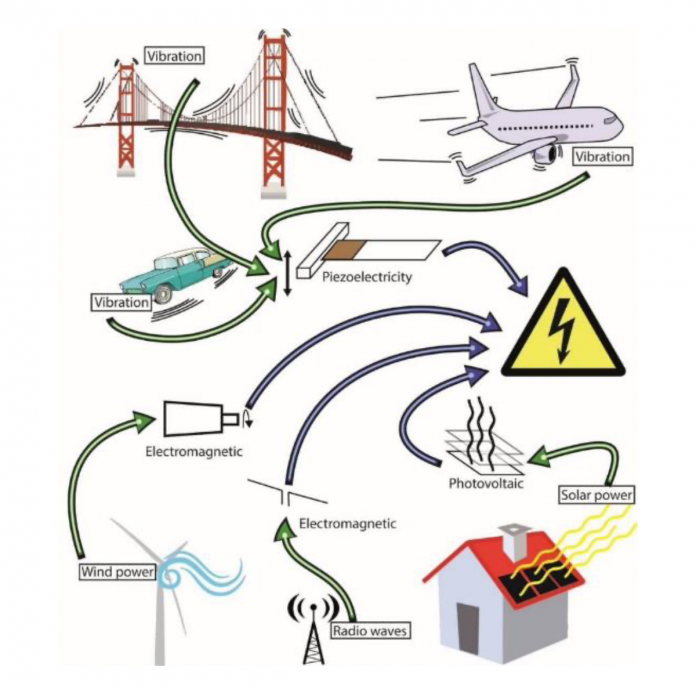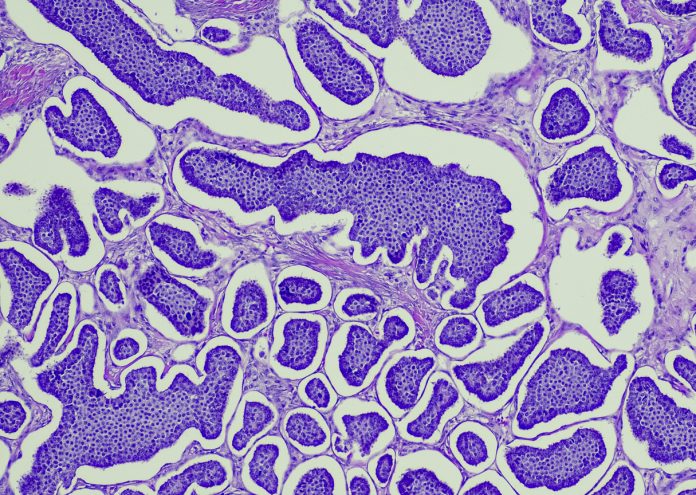Open Access Government produces compelling and informative news, publications, eBooks, and academic research articles for the public and private sector looking at health, diseases & conditions, workplace, research & innovation, digital transformation, government policy, environment, agriculture, energy, transport and more.
Home Search
Bacteria - search results
If you're not happy with the results, please do another search
Zinc plays a crucial role in revolutionising agriculture
Researchers from Aarhus University, Denmark, in collaboration with the Polytechnic University of Madrid and the European Synchrotron Radiation Facility, have revealed the role of zinc in enhancing nitrogen fixation in legumes.
Scientists develop ultra-efficient light-harvesting system
In a groundbreaking development, researchers at Julius-Maximilians-Universität (JMU) Würzburg have unveiled a pioneering light-harvesting system that promises to reshape the landscape of solar energy technology.
What imaging reveals about engineered endosymbionts
Ashley V. Makela and Christopher H. Contag from the Institute for Quantitative Health Science and Engineering, walk us through watching living therapeutics in action, including what imaging reveals about engineered endosymbionts.
Aiding infection control with Vira-Protect
Protection Paints has developed Vira-Protect with a source of silver ions combined with water-based paint-compatible polyurethane to create a hardwearing, efficient paint to support infection control
Six reasons why you should be walking in the rain
England has just had the wettest 18 months since records began in 1836! Many days, we’ve all been holed up inside, unable to go out for our daily exercise because of the rain. So, it might surprise you to know that there are numerous health benefits from exercising and walking in the rain.
Electric-field nanobubbles for agriculture
Niall J. English, from Chemical Engineering at University College Dublin, discusses how using electric-field-generated nanobubbles for agriculture is empowering fundamental progress.
Ocean algae could play a key role in climate cooling
A recent study conducted by the University of East Anglia (UEA) and Ocean University of China (OUC) has revealed a surprising player in the fight against climate change, a type of ocean algae known as Pelagophyceae.
Getting leptospirosis onto the lists of neglected tropical diseases
Leptospirosis is a globally important infectious disease, but neglected to the extent that it’s not on WHO’s or FDA’s neglected tropical diseases lists; this needs to change.
A new generation of transformational long implanted life dental implants
Unique low-cost/best biocompatible Ultrananocrystalline Diamond (UNCD™) coating enables a new generation of transformational long implanted life dental implants.
Microbiomes for the future of sustainable wheat production
Researchers from the WHEATBIOME project joined forces to address several challenges related to sustainable wheat production and consumption, revealing the role of microbes in shaping the Future of Healthy Food.
Learning from the COVID-19 Pandemic: Next-generation universal vaccines and immunotherapeutic research
With the COVID-19 pandemic behind us, we need to focus on universal vaccines and/or immunotherapeutic strategies and technologies to tackle ongoing endemic infections with SARS-CoV2, influenza, and RSV and prepare for any future pandemics, says Dr Babita Agrawal.
Can obesity cause cancer? Examining the connection between obesity and cancer
63.8% of the UK population are currently overweight or obese. Obesity is a major cause of ill health. Being moderately obese takes around 3 years off your life, whereas severe obesity shortens it by at least 10 years.
HC Legionella Ltd
HC Legionella Ltd is a specialist in Legionella Control and Water Hygiene to the Healthcare, Industrial and Commercial Sectors.
Pioneering solutions for sustainable protein production in future
InnoProtein consortium, explain why sustainable protein production is urgently needed and how, with its circular, zero-waste approach, InnoProtein supports this goal.
How to combat poor indoor air quality (IQA) while also saving energy
Recent heat pump developments have made it possible to tackle the issue of poor indoor air quality without sacrificing energy efficiency.
Manchester researchers secure ERC Grants for ground-breaking scientific projects
Seven Manchester researchers have been awarded prestigious European Research Council (ERC) advanced grants for ambitious, curiosity-driven scientific projects in an effort to support scientific breakthroughs.
Principles of Soil Health: Sustaining profitable agricultural production
The inclusion of a specific reference to soil health in national and state soil action plans addresses the need for the preservation of soil as an essential resource for agricultural production and for the provision of critical ecosystem services.
Why do we sweat?
Humans possess 2-4 million sweat glands and these produce 2-4 L of sweat per day. During exercise, sweating can increase to 3-4 L per hour. But despite sweating being such a common bodily function, many of us know little about it.
Energy harvesting for unlimited lifetime systems
The Internet of Things (IoT) and services, wireless sensor networks (WSNs), trillions of sensors, Industry 4.0, and digitalisation – all these are hungry for data, and their common challenge is energy.
Are nanotextures enough to kill cancer cells?
Nanotextures on nanoparticles and implants to kill cancer cells in a more targeted manner may just be the key to tackling resistance to traditional cancer drugs.

